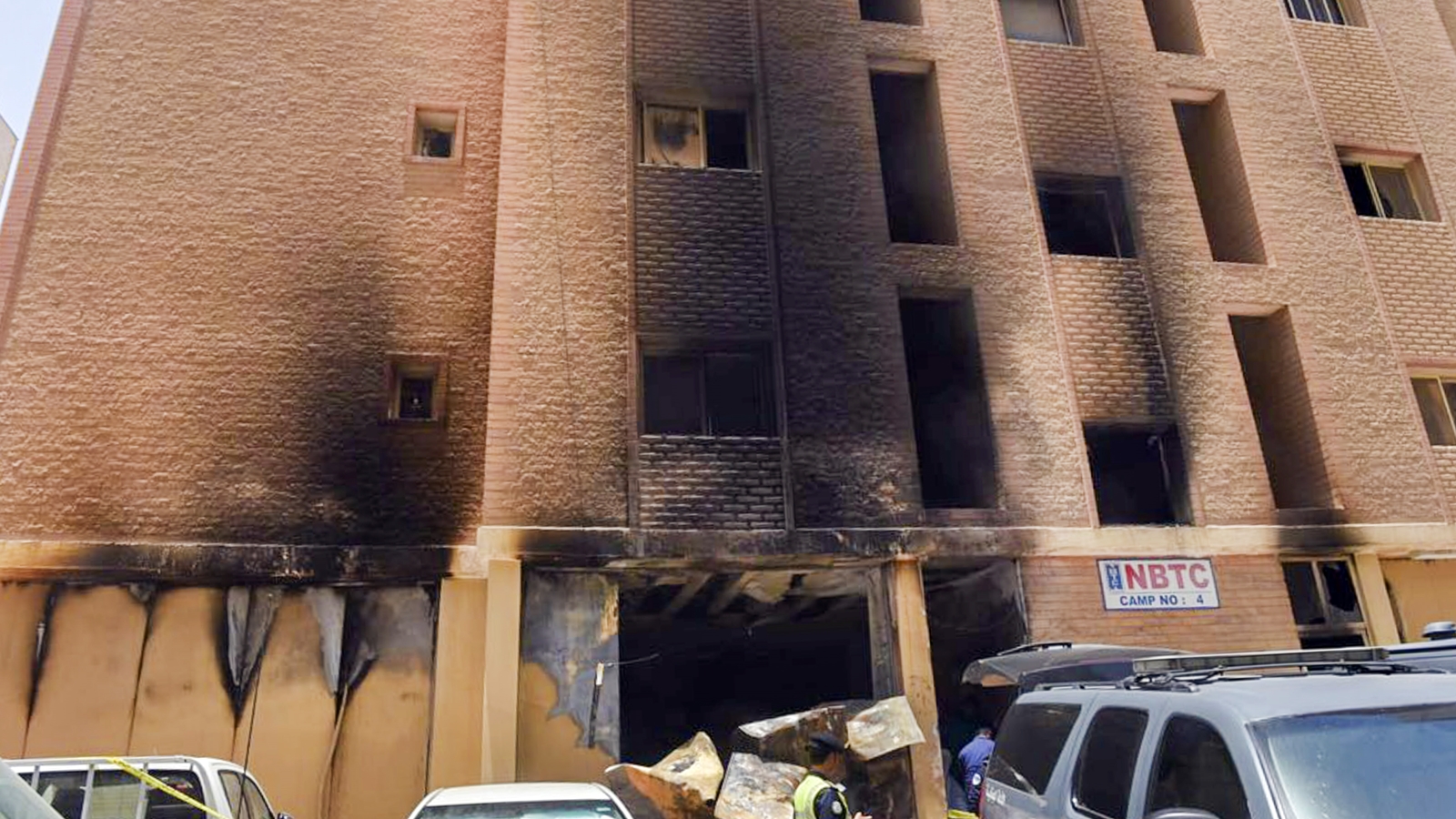Opinion Is PM Modi’s response to Nawaz Sharif ‘sarcasm intended at asking Pakistan to do more’?
View from Pakistan: PM Modi begins third term in India; Unsafe working conditions in Kuwait; Budget 2024-25; Israel’s atrocities continue in Gaza
 Prime Minister Narendra Modi and then-Pakistan PM Nawaz Sharif greet each other during the oath taking ceremony of the BJP-led government in 2014. (Express archives)
Prime Minister Narendra Modi and then-Pakistan PM Nawaz Sharif greet each other during the oath taking ceremony of the BJP-led government in 2014. (Express archives) PM Modi’s third team and peace in South Asia
Soon after Indian Prime Minister Narendra Modi took the oath of office for a third term, conversations in the neighbourhood, particularly Pakistan, turned to the future of India’s relations with its neighbours in South Asia. Prime Minister Shehbaz Sharif and PML-N’s Nawaz Sharif extended their congratulations to PM Modi on X (formerly Twitter) and expressed hope for peace in the region.
Dawn (June 10) says, “If Mr Modi softens his rhetoric and extends the hand of friendship, Pakistan should respond… While Pakistan should stick to its principled stand of supporting the Kashmiri struggle for self-determination, other subjects can also be discussed — if India loosens its rigid stance.”
Express Tribune (June 12) seems optimistic. The editorial wonders whether PM Modi’s response to Nawaz Sharif saying “…well-being and security of our people shall always remain our priority” is a “reiteration of policy discourse or sarcasm intended at asking Pakistan to ‘do more’”.
Kuwait fire and unsafe working conditions
Recently, a building fire in Kuwait killed 45 Indian migrant workers. Cramped quarters and a locked terrace were cited as reasons for this tragedy. In Pakistan, meanwhile, the bodies of three sanitation workers were recovered by an activist and a fourth person was admitted to the hospital in critical condition in Sindh. The workers died due to inhalation of toxic gases underground. In both cases, the media brings to light the unsafe and inhumane conditions that informal economy workers have to suffer.
 Building where the fire broke out, in Kuwait’s Mangaf. (PTI)
Building where the fire broke out, in Kuwait’s Mangaf. (PTI)
The Nation (June 13) presents the quandary of migrant workers who “on one hand, escape unemployment and poverty in their own countries and have a shot at prosperity… On the other hand… are treated like cattle.” But “Gulf states must do more to protect the workers who build and run their glass cities in the desert.”
Express Tribune (June 14) condemns the “criminal” and “unjust” working conditions of sanitation workers and says, “These workers risk their health and lives to perform a job that is essential yet grossly undervalued and ignored by authorities. The lack of proper equipment and safety measures is not only a blatant disregard for their well-being but also a stark reminder of the systemic inequalities and neglect that persist in our society.”
Budget 2024-25: Cautiously optimistic?
On June 12, Pakistan Finance Minister Muhammad Aurangzeb presented his first Budget to the Cabinet. It is aiming for 3.6 per cent GDP growth and earning Rs 13 trillion as tax collection. According to reports, the salaried classes seem to have borne the brunt of this “revenue collection” with rising taxes for them and a yet narrow tax base. The media remains divided on whether this will be helpful in the long-run.
The Nation (June 13) believes, “Pakistanis will once again tighten their belts so that the economy can be steered in the right direction, where one day, Pakistan is free from debt, safe from economic turbulence, and aiming for the GDP growth that its young and burgeoning population deserves.”
News International (June 13) describes the Budget 2024-25 as “cautiously optimistic”. Discussing the costs and benefits, it says, “The budget does provide some hope regarding macroeconomic stability.” But, “it is inflationary in nature, continues to punish existing taxpayers, and does little to reduce the sheer size of the informal economy.”
UNSC resolution for ceasefire in Gaza
The United Nations Security Council adopted a US-backed proposal to end the genocide in Gaza and call for a ceasefire. The “peace plan” proposed by US President Joe Biden started with a six-week phase beginning with Israeli forces’ withdrawal from all populated areas of Gaza. But Israel continued its assault and sent in its forces covertly as in the case of the Nuseirat attack. According to Dawn (June 14), “The Americans, meanwhile, have publicly called on Hamas to ratify the deal.”
Dawn (June 14) urges the US to take concrete action and says, “America’s focus appears to be misplaced. Instead of piling pressure on the Palestinians, Washington needs to tell its ‘ironclad’ allies in Tel Aviv to immediately end hostilities. But that is unlikely to happen, as the US, at all international forums, has acted as Israel’s primary advocate rather than a neutral peacemaker.”
Daily Times (June 10) speaks to the international community as a whole and believes, “It is high time for the international community to hold Israel accountable for its actions and put an end to the cycle of violence and oppression in the region… A ceasefire is not enough; what is needed is a genuine commitment to dialogue and compromise.”
adya.goyal@expressindia.com






